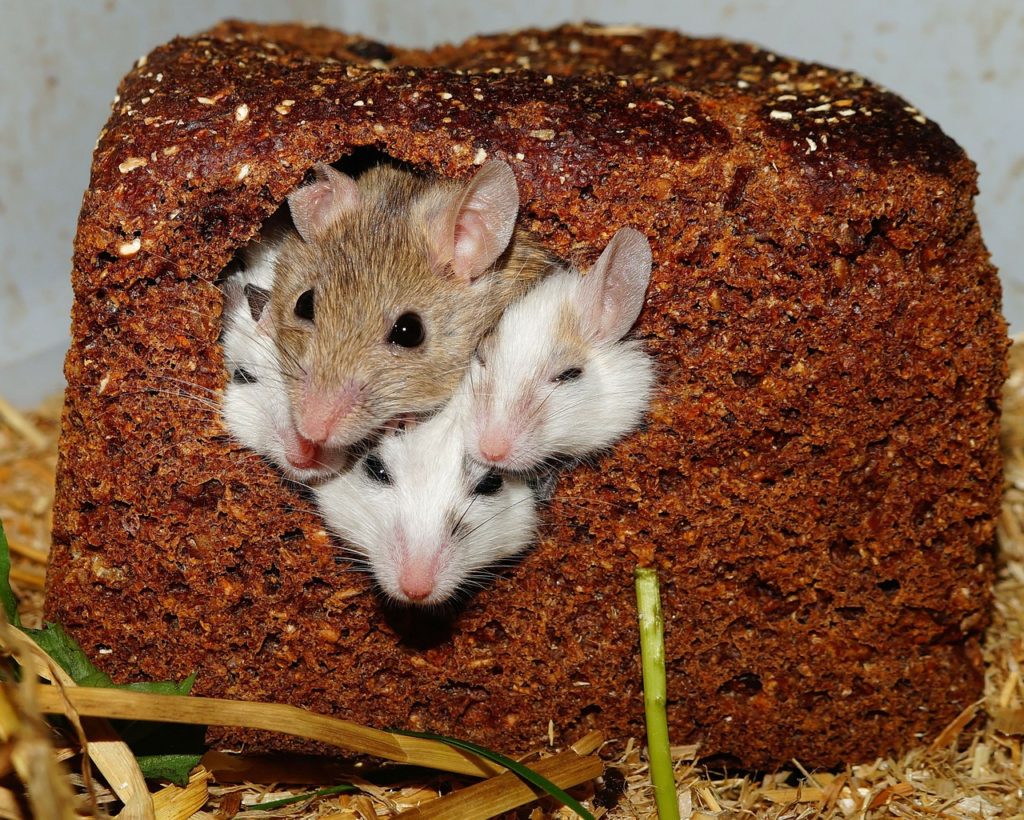Not all limitations in expression are censorship. Think of an academic essay where – except quoting others for specific purposes – you can’t say “lol” or “whazzup”. But censorship is all about limitations in writing and expressing. Censorship of thought, in particular, is an especially insidious process – and the ultimate goal of censorship.
Censorship of thought essentially refers to self-censorship – I will use the terms interchangeably in this post. A system or process that manages to censor thought has been so effective in “plain vanilla” censorship, that people – having become conditioned – no longer bother writing or expressing what they think would be anyway censored.
Therefore, censorship – like using euphemisms, which are also a form of censorship – is ultimately about thought control. Moreover, exactly like euphemisms, self-censorship is achieved with subtlety, sophistication, and ambiguity.
That’s precisely what makes it so dangerous. Like unintended misinformation, self-censorship can creep into your writing without even your noticing it.

Self-censorship is about teaching someone to stand there even when the wall is removed

